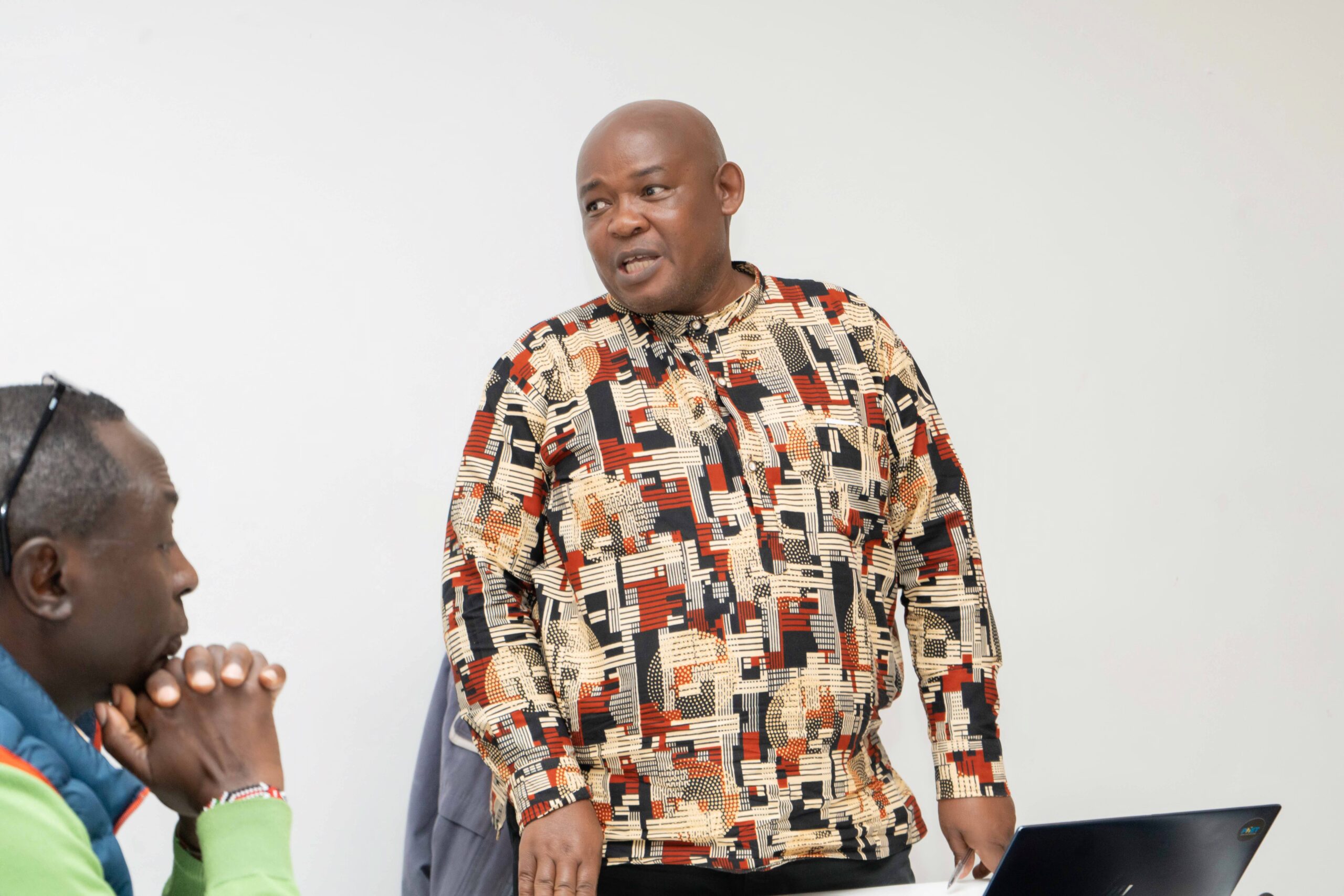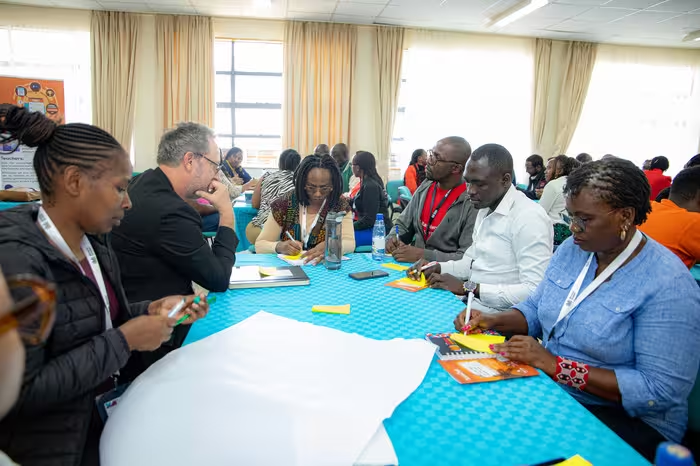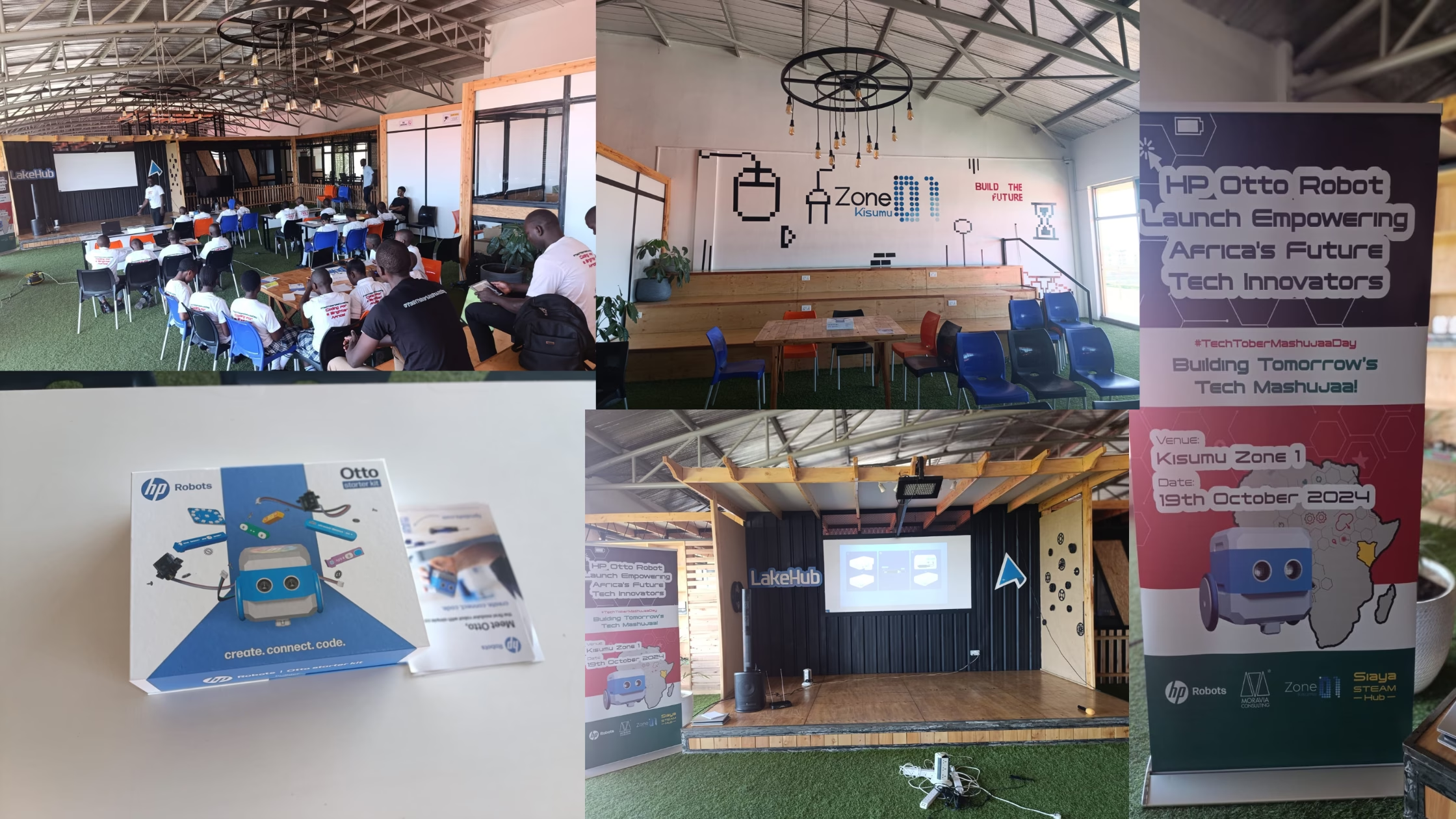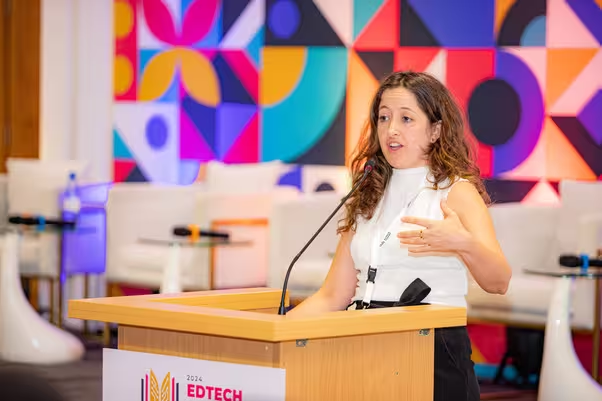As I sat, surrounded by digital activists, learning design experts, business analysts, researchers, and civil engineers in the first Collective Action Friday Workshop, I couldn’t help but think of the parable of the Blind Men and the Elephant.
I’m sure you may have heard the story, but if you don’t, here’s a brief summary.
Long ago, six blind men were invited to examine an elephant. When they encountered the gentle giant, the men encircled the elephant and focused on the parts that were accessible to them. As a result, each man came to a different conclusion as to the creature before them. The guesses ranged from a wall and rope to a deadly spear or sinister snake. As they bickered, with each man insisting that they were right and everyone else was wrong, a wise man watched in reflective silence before asking “How can each of you be so certain you are right?” He reminded them that the elephant is a large creature and that each of them had only touched one part. As he walked away, leaving them to their squabbles, he advised “Perhaps if you put the parts together, you will see the truth.”
This was the mission of the first Collective Action Fridays workshop on foundational literacy and numeracy, which took place on 14th July 2023 organized by EdTech East Africa in partnership with the EdTech Hub –– to combine the threads we each hold to create a nuanced, comprehensive and inclusive tapestry. Given the challenges of enabling foundational literacy and numeracy in our education systems, understanding the many ways illiteracy and innumeracy manifest is key.

Jennifer Otieno (EdTech East Africa Founder and CEO) remarked that the goal of these workshop series was to continue a conversation started in 2022 at the inaugural Kenya EdTech Summit. As such the workshop aimed to foster a deeper understanding of the problem, explore the nuances between foundational literacy and learning, and identify the barriers and enablers of effective instruction. The sessions were led by Joan Mwachi (World Reader, Board Member) and Ciku Mbugua (EdTech Hub, Innovation and Country Lead).
Foundational Literacy and Numeracy? or Foundational Learning?
The workshop commenced with a thought-provoking discussion on the distinction between foundational literacy and learning. Foundational Literacy and Numeracy (FLN) skills are, broadly speaking, the ability to read and comprehend basic texts, understand numerical concepts (like numbers), and solve simple mathematical problems such as addition and subtraction. In Kenya, 3 out of 5 Grade 4 learners cannot read an appropriate Grade 3 text. While only 50% of Grade 4 learners can solve an appropriate Grade 3 Math problem.
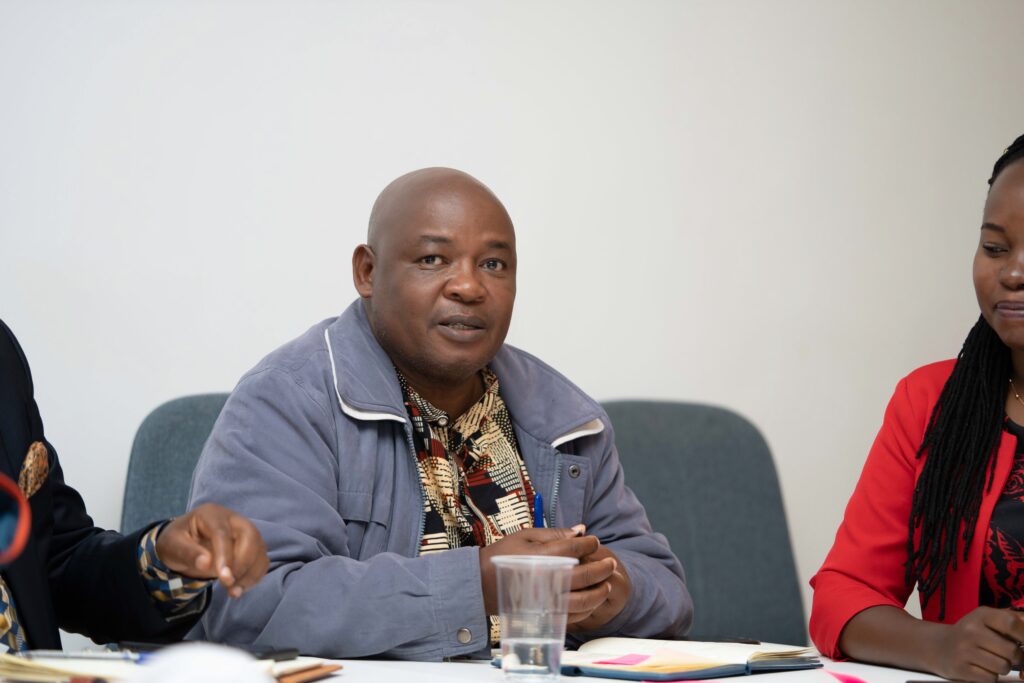
Conversely, foundational learning is broader; referring to the technical and soft (i.e. socio-emotional learning) skills students need to acquire to entrench the building blocks for a life of learning. While both are crucial, there is no guarantee that the technical ability to read, write and comprehend basic sums imparts the ability to navigate the relationships that mediate and define our world. As some of us noted, these socio-emotional/cultural awareness skills “don’t just happen.” They must be cultivated. Especially, within the context of a rapidly evolving society. Socioemotional skills bless us with the capacity to navigate a human, not merely a technical, world; imparting the ability to build bridges, regulate one’s self, and make and evaluate and make ethical decisions.
Thus, we (participants) engaged in a stimulating discussion about what to focus on. Given the opportunity costs involved, this discussion is necessary as it will help us determine which competencies to prioritise and what targets to realise and how. In the end, we kept our focus on foundational literacy and numeracy skills; recognising that without the ability to read and write, individuals are excluded from the environments in which their socio-emotional skills are performed.
Emerging Themes
With a shared understanding of the significance of foundational literacy and numeracy, we turned our attention to identifying the barriers and enablers of effective instruction. Several key challenges emerged during the discussions, including the lack of infrastructure, socio-economic and geographical limitations, decontextualized teacher training and professional development, technophobia, poorly designed technology, and policy implementation. To counter these barriers, the workshop participants also identified various enablers that can facilitate effective instruction. Rather interestingly, parallels could be drawn between enablers and barriers.
For example: where policies like the ICT in Education and Training (2021), Digital Literacy Programme (2016), and National ICT Policy (2016) work together to foster interest in and direct focus towards foundational literacy and how technology can be used to that effect, policy guidelines like the implementation of the capitation grant (the per-student allotment that schools receive) constrain the efficacy of those policies. They limit the practical application of well-intentioned policies, thus turning what should be an enabler into a barrier.
Other dual-purpose factors include infrastructure. While the current state of Kenya’s digital infrastructure enables EdTech in the pursuit of FLN, the gaps in our digital infrastructure disproportionately impact marginalised communities who suffer the most from the lack of FLN. The result is that 5 million primary school students, many of them economically, socially, and politically marginalised, are left behind.
Alternatively, consider the quality of existing content. Although the Kenya Institute of Curriculum Development creates incredible resources that are accessible and adaptable, many of these resources privilege literacy acquisition in English, rather than the, far more effective, use of mother tongue. As a result, the resources, while useful, do not reflect the reality on the ground. Indeed, it seems that some enablers allow us to make well-intentioned plans that are challenged by the barriers that frustrate realistic and sustainable implementation.
However, there are plenty of enablers that are, at best, a neutral good. Enablers like our ability to access and participate in global networks that support educators. Or the fact that more parents are expressing an interest in their children’s education beyond their academic performance and prospects. Perhaps the most promising enabler we identified was our youth. Over 80% of our population is below 35 years. This translates to 42 million people who are willing and able to make the transition from analogue to digital. 42 million people are willing to invest in education and digital technologies. 42 million people who are not only willing to try, but also keep trying until we get it right. The latter is particularly important because the change we seek is neither the result of bold action nor ingenuity but of consistency and persistence.
Conclusion
Ultimately, this first Collective Action Fridays workshop proved to be a crucial platform for reflection, dialogue, and collaboration in addressing the challenges of foundational literacy and numeracy in our education system. By examining the nuances between foundational literacy and learning, participants recognized the need for a balanced approach that empowers individuals with both essential skills and the ability to adapt to our rapidly changing world.
Moreover, the identification of barriers and enablers sheds light on the multifaceted nature of the issue. By leveraging technology, fostering collaborative partnerships, involving communities, and embracing innovative teaching approaches, we can create a transformative impact on foundational literacy instruction.

The workshop served as a reminder that foundational literacy and numeracy are not standalone goals but rather the bedrock upon which a lifetime of learning is built. It is through collective action and an unwavering commitment to addressing these challenges that we can equip future generations with the necessary skills to thrive in a world driven by knowledge and innovation.
In this vein, EdTech East Africa launched a platform that brings together educators, policymakers, storytellers, curriculum designers and activists (basically anyone who is invested in and dedicated to realising the Collective Action Agenda), to the table. The platform allows us to support each other, challenge each other, and share new ideas and techniques to better our work in the EdTech ecosystem. Thus, truly embracing the lesson of the Parable of the Elephant and the Blind Men; that only by combining our perspectives and intuitions, can we move towards a complete understanding of the problems before us. Only then, can we begin collectively solving the problems at hand.
